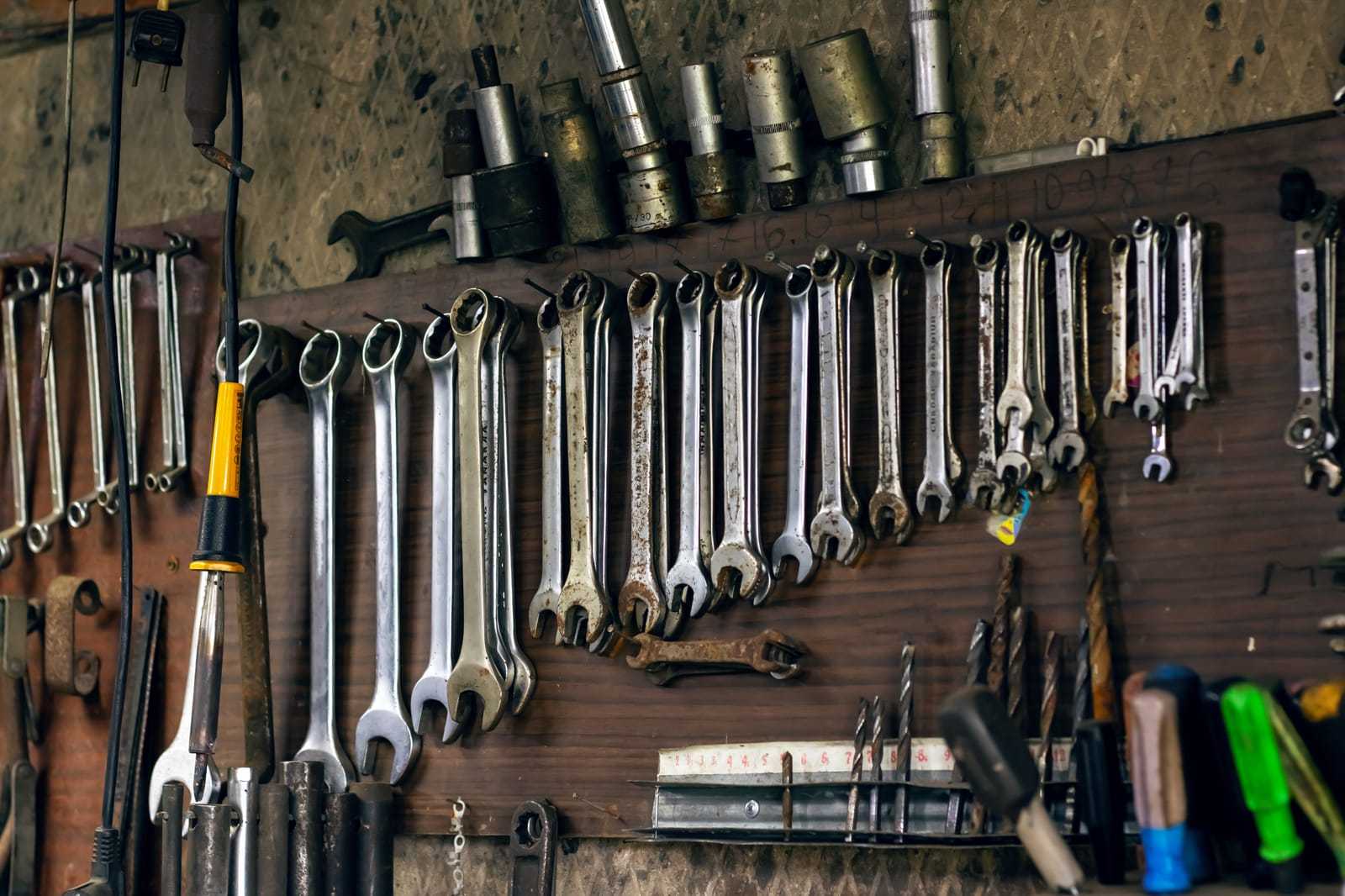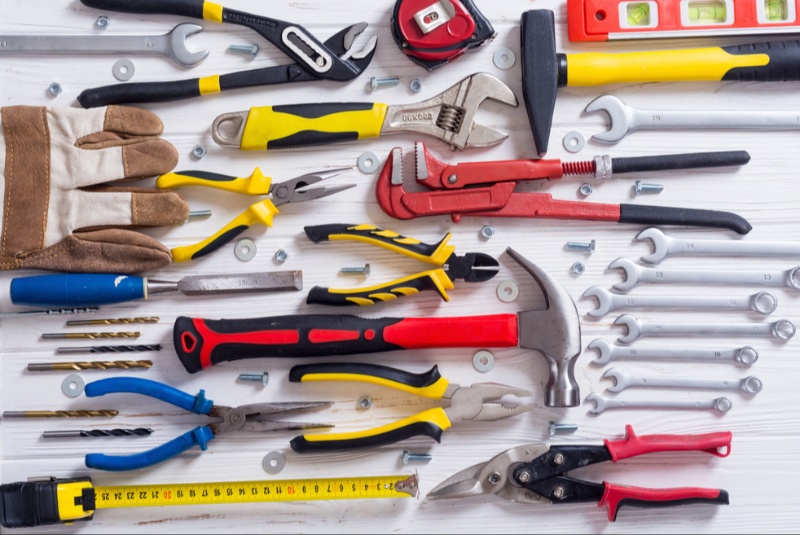In the realm of DIY and home repair, the importance of having the right hand tools cannot be overstated. Whether you're a seasoned professional or a weekend warrior, making informed choices when purchasing hand tools is crucial. This 1,200-word article serves as a comprehensive guide to help you select the best hand tools for your needs.
Understanding the Basics: Types of Hand Tools
Before diving into purchases, it's essential to understand the different types of hand tools available and their specific uses. Common hand tools include hammers, screwdrivers, pliers, wrenches, saws, and measuring tools. Each type of tool has sub-varieties designed for specific tasks. For instance, screwdrivers come in flathead and Phillips types, while pliers can be needle-nose, locking, or wire-stripping. Familiarizing yourself with these varieties ensures that you choose tools that are best suited for your projects.
Material and Build Quality: The Foundation of Durability
The material and construction of hand tools significantly impact their durability and performance. Tools made from high-grade steel or other durable metals are typically more reliable and long-lasting. Look for features like rust-resistant coatings and solid, one-piece construction. The handle material is also important for comfort and grip; options include wood, plastic, or rubber. High-quality materials might come at a higher cost, but they ensure longevity and better performance, reducing the need for frequent replacements.
Ergonomics and Comfort: Ease of Use
Ergonomics play a critical role in tool selection, especially for those who use them frequently or for prolonged periods. Tools with ergonomically designed handles minimize hand fatigue and reduce the risk of repetitive strain injuries. The tool's weight and balance are also important; a well-balanced tool is easier to control and more efficient to use. Try holding and maneuvering the tool in-store to gauge its ergonomic suitability for your needs.
Versatility and Functionality: Getting the Most Out of Your Tools
When building your tool collection, consider the versatility and functionality of each piece. Multi-functional tools, such as adjustable wrenches or multi-bit screwdrivers, can be cost-effective and space-saving. However, specialized tools might be necessary for specific tasks or projects. Evaluate the scope of your typical projects and consider investing in tools that offer the best balance of versatility and specialization.
Brand Reputation and Reviews: Gauging Reliability
The brand reputation can be a strong indicator of tool quality. Well-known brands in the hand tool industry are often synonymous with reliability and customer satisfaction. Research and read reviews from other users to understand the performance and longevity of the tools you’re considering. Online forums, product review sites, and customer feedback can provide valuable insights into the real-world use of these tools.

Price vs. Quality: Striking the Right Balance
While price is an important consideration, it shouldn’t be the only factor in your decision. Cheaper tools might be appealing for occasional use, but they often lack the durability and performance of more expensive options. Consider the frequency and intensity of your tool use when determining your budget. Investing in higher-quality tools can be more cost-effective in the long run, especially for regular or heavy-duty use.
Warranty and After-Sales Service
A good warranty and responsive after-sales service are indicators of a manufacturer’s confidence in their product. Look for tools that come with a warranty, which can provide peace of mind and protection against manufacturing defects. Additionally, consider the availability of replacement parts and repair services, which can extend the life of your tools.
Sustainability: Eco-Friendly Tool Options
With growing environmental awareness, considering the sustainability of hand tools can be a valuable part of your purchasing decision. Some manufacturers offer tools made from recycled materials or designed to be recyclable at the end of their lifespan. Eco-friendly tools not only contribute to environmental conservation but can also be a more health-conscious choice, free from harmful chemicals.
Safety Features and Compliance Standards
Safety is a paramount consideration when selecting hand tools. Look for tools that are designed with safety features like non-slip grips, insulated handles for electrical work, or guards on cutting tools. Compliance with safety standards, such as those set by the American National Standards Institute (ANSI) or the Occupational Safety and Health Administration (OSHA), is a good indicator of a tool’s safety level. These standards ensure that the tools are rigorously tested for safety risks. Especially for power tools or tools used in high-risk environments, opting for products that meet these standards can prevent accidents and injuries.
Size and Storage Solutions
The size of the tools and their storage requirements are also important factors, particularly for those with limited space. Compact and modular tools can be advantageous for easy storage and mobility. Some tools come with their own carrying cases or are designed to fit into modular storage systems, making organization and transport easier. Investing in a good storage system not only helps in maintaining the tools in good condition but also ensures that they are readily accessible when needed. Consider the available storage space in your home or workshop and choose tools that can be accommodated without causing clutter or accessibility issues.
Empowering Your Tool Selection
Selecting the right hand tools is about balancing quality, functionality, ergonomics, and price to meet your specific needs. By considering these factors, you can make informed choices that enhance your efficiency and enjoyment in various projects. Remember, a well-chosen set of hand tools is not just an investment in your toolbox; it's an investment in your ability to create, repair, and improve with confidence and skill.

